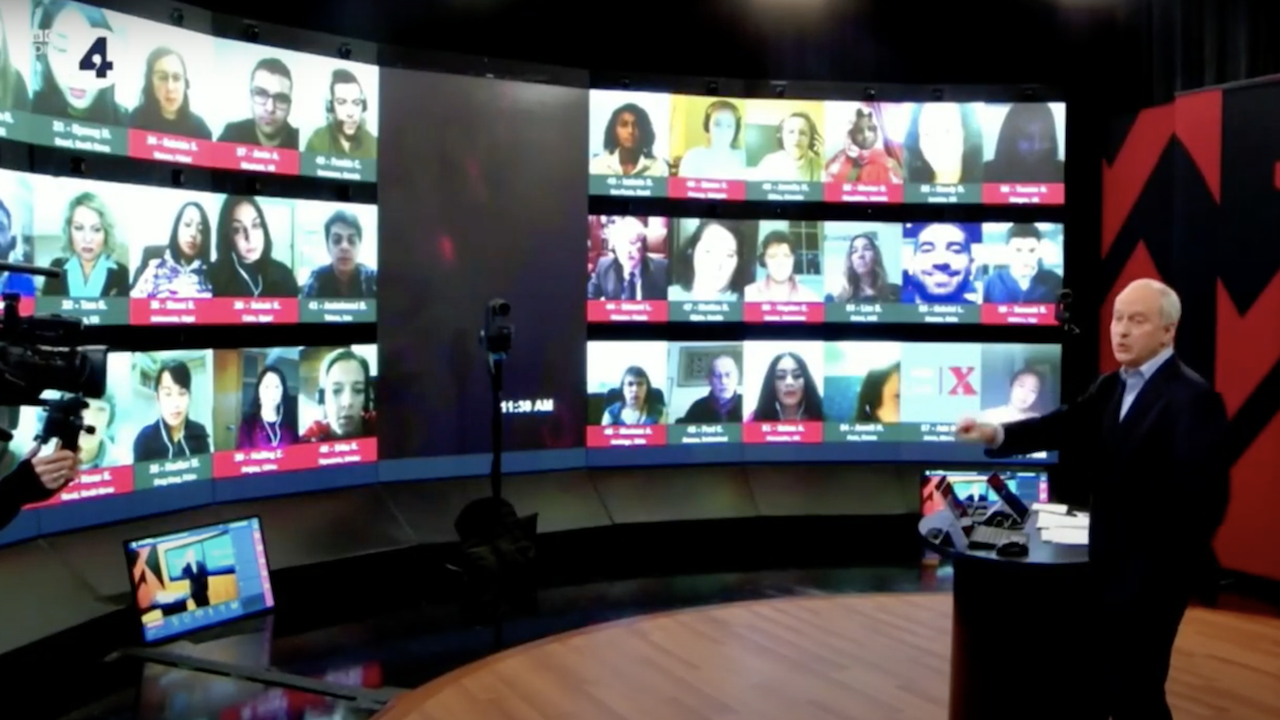
First crowd academy points the way for the future of work
Despite mounting evidence that innovation tools such as crowdsourcing are better, faster, and cheaper, it is still difficult for organizations to embrace this change. Held at HBS, the first annual Crowd Academy brought together researchers and industry experts to further the conversation on crowdsourcing, open innovation, and the future of work.








